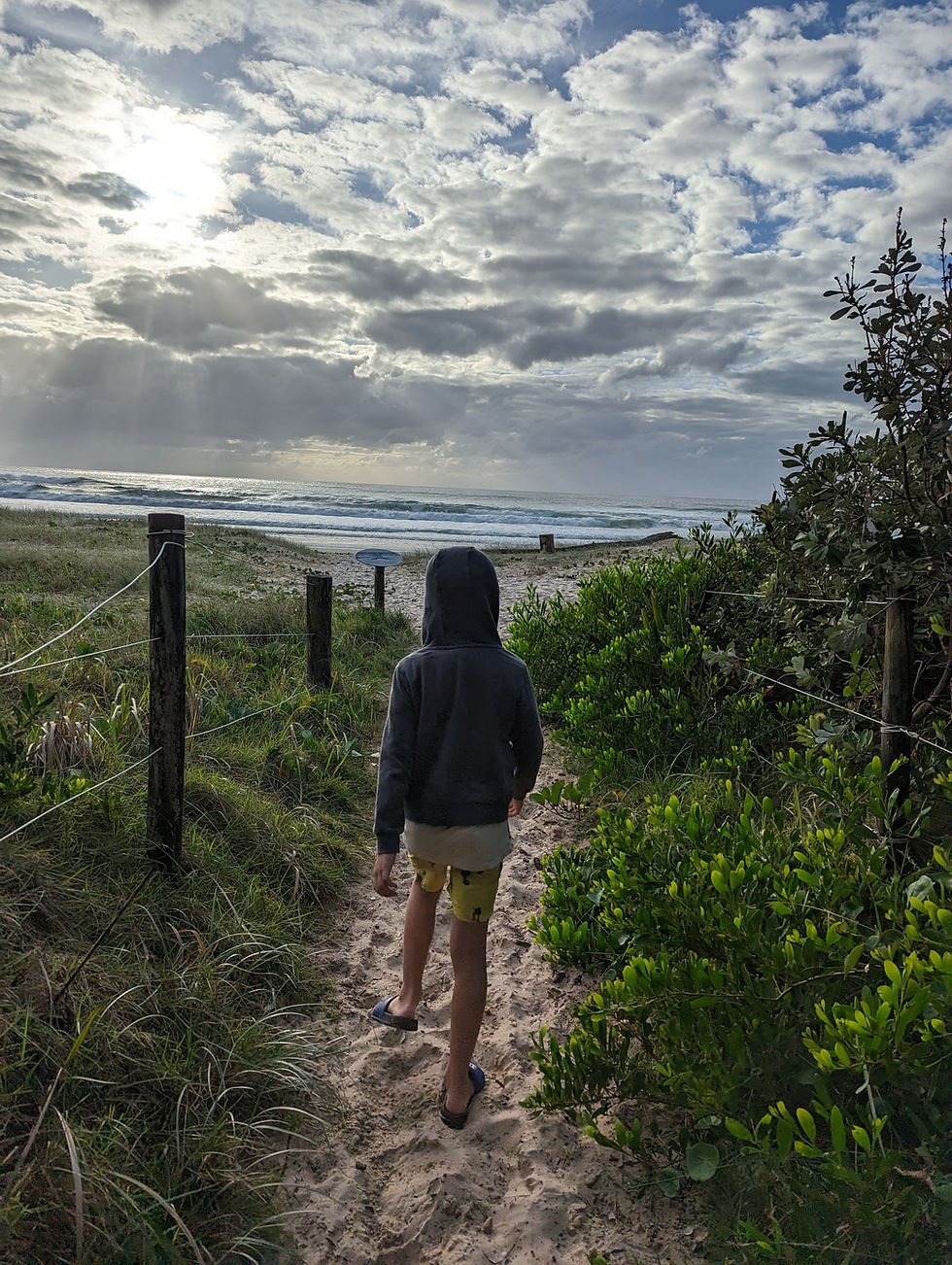The What & Why of Self-Care
- Kirsten McKenna
- Jan 24, 2018
- 3 min read

I've had to remind myself that resolutions are a "process" rather than a one-off decision for behaviour change. "Practice more self-care" sits at the top of my list of endeavours and my husband asked me what that meant. I found it difficult to explain in a few words, while at the same time easy to offer examples of how it would manifest. In brief, self-care is looking after yourself. At length it can encompass 6 aspects of your operating world ~ professional, psychological, emotional, physical, spiritual and relationships.
When you have competing priorities, your self-care can take a backseat and can negatively affect your health, psychological and social well-being.
"Life is both a marathon and a series of sprints."
In a discussion with a client recently, she proposed that life is both a marathon and a series of sprints, and it resonated. By simply acknowledging that you'll experience times throughout the year where you will be hustling, expending all of your energy, leaving nothing in the tank, followed by times to reflect and refuel, you'll set yourself up to thrive. Recognise that it's the self-care that helps you perform during those sprints and it's also the self-care that supports you during the recovery. The underlying issue is that too many of us are neglecting to make the time to reflect and refuel.
Self-care is different for everyone ~ our physiology, status and our interests determine how we design our self-care plan. By the same token, responsibilities that you currently have (IE family, business etc) will be competing priorities. It's fair to say that we're all short on time, so how do you design a plan that will fit in with your relentless schedule and responsibilities? You need to make it a priority and you need to get the support of those around you. It's about setting boundaries and identifying actions that need to be taken.
According to Charles Duhigg, developing Keystone habits will ensure consistency and discipline of implementing new habits. A keystone habit is the integral part of any good habit routine, it's the foundation and drive that instigates a chain reaction of other habits.
For me I have three keystone habits ~ running, yoga and meditation. Independently these habits propel my focus and discipline and all together, well, the sky's the limit. Unfortunately I let them slip last year and at no point was I actively practicing all three. It's time for positive change! By practicing self-compassion I can place my prior failure aside and focus on forward momentum.
So ask yourself if you have a keystone habit that prompts you to set bigger goals and achieve more. If you don't, it's time you found one and placed it into your self-care plan. For a few ideas on keystone habits, see Adams article in Huffington Post, or simply reflect on a time in your life when you were unstoppable. What were you doing? Who was supporting you? How did you feel? Soon enough, your keystone habits will emerge.
Best Practice for Creating a Self-Care Plan
Divide the 6 aspects of your operating world into a mind map.
Identify a keystone habit that will contribute to more than one aspect.
Get buy-in from those around you and lobby for their support.
Block time out each day, no matter what.
Practice self-compassion.
Kirsten works with individuals and organisations to develop their potential and create positive change. Contact her today for mentoring or speaking opportunities in 2018.




Comments